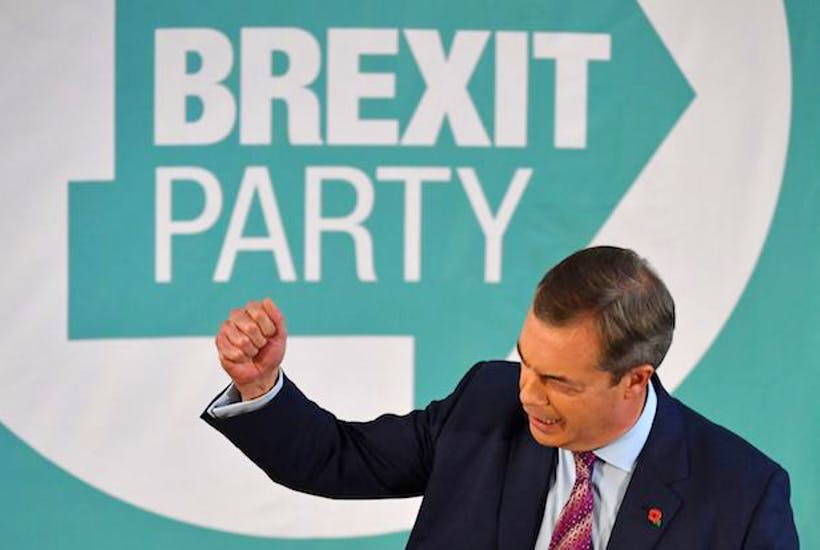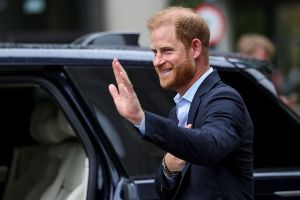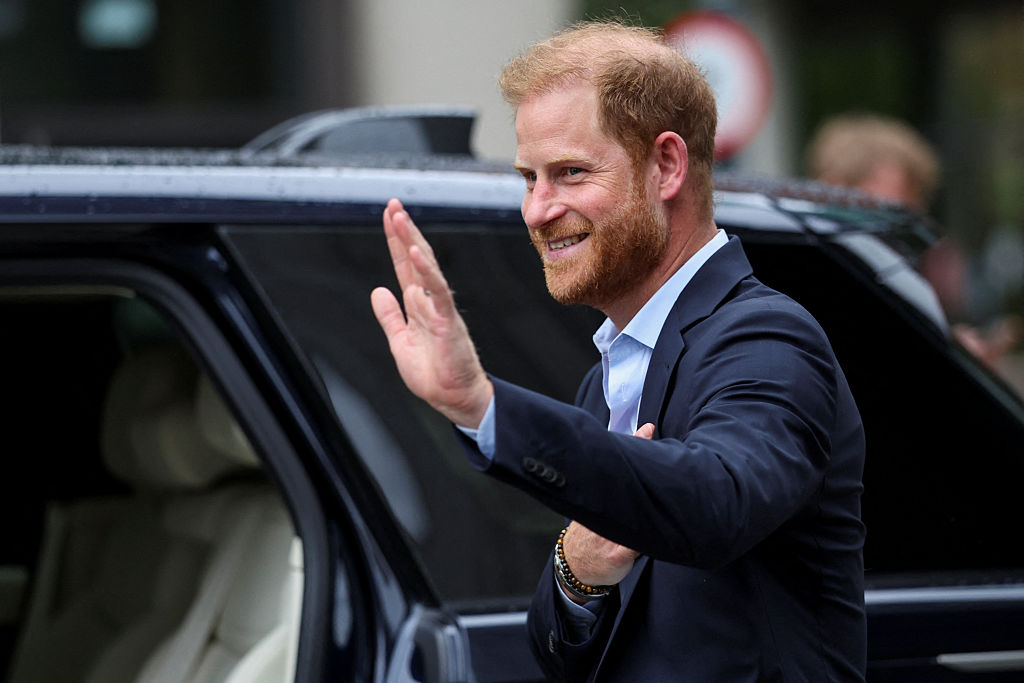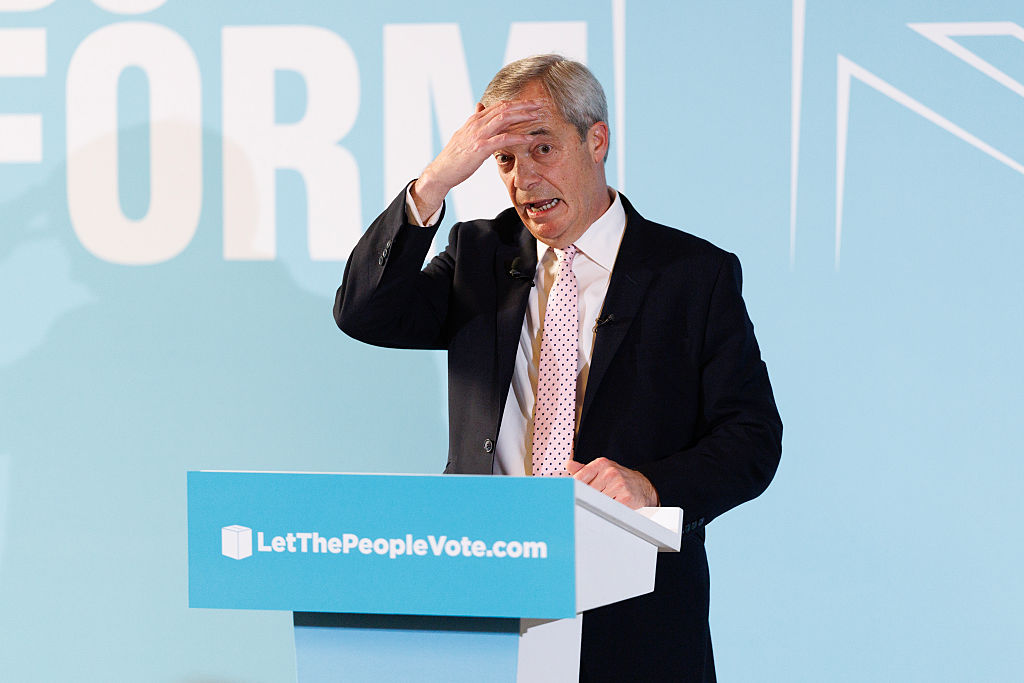Will a Leave alliance lead the Tories to victory in the UK snap election? Nigel Farage has today announced that the Brexit party will be unilaterally creating one. The Brexit party leader rowed back on an earlier plan to stand candidates in 600 seats.
Instead, the Brexit party will focus its efforts on Labour-held seats. Speaking from Hartlepool, Farage said he would not field candidates in the 317 seats won by the Conservatives at the 2017 general election.
Explaining his change of heart, Farage pointed to a Twitter video Boris Johnson released on Sunday night in which he clarified his commitment to no transition extension and to the UK diverging from the EU in any post-Brexit trade deal.
The great new deal we've done with our European friends takes us out of the EU in January. Let’s build a new relationship based on free trade not political alignment. pic.twitter.com/I9KB6QxZK0
— Boris Johnson (@BorisJohnson) November 10, 2019
Farage said he had come to the conclusion that fielding 600 candidates could lead to Liberal Democrat gains in the south – and a hung parliament. Instead, the party will now focus its efforts on traditional Labour heartlands which voted to Leave.
So is this a game changer for the Conservatives? It will be viewed as helpful in tight marginals the Tories hope to hold, both in the South West and in Scotland. It is also very good news for the Labour/Tory marginals the party won in 2017, such as Walsall North.
However, the Tory route to a majority rests on not only holding the bulk of the 317 seats they won in 2017 but going on to win many more in areas that voted heavily to Leave. High on that list is the so-called red wall – the seats in the Midlands and North which are traditionally Labour but backed Brexit at the referendum. It is clear from Farage’s comments today that he believes his party will fare best in seats like Hartlepool and Ashfield. But the Tories also hope to win these seats by wooing Leave voters.
It follows that Farage’s announcement today isn’t necessarily an election game changer in terms of a Leave majority. The Tories will likely still have to deal with the threat of the Brexit party in tight Labour/Tory target seats like Barrow and Furness, Great Grimsby and Workington. Some Tory MPs hope that the Brexit party could help them here if Labour Leave voters who don’t want to vote Tory defect and thereby do not vote Labour.
However, in marginals like Dudley North where the Labour majority is 22 votes, a Brexit party candidate standing could make all the difference. One optimistic Tory argues that this is still a net gain as the ‘unilateral’ Leave alliance does mean that in these seats the Tories can at least point to comments on the doorstep by Nigel Farage in which he himself admits the Brexit party risks splitting the Leave vote.
Nigel Farage’s ideal scenario is that the Brexit party wins enough seats in the election to become kingmaker. If Brexit party MPs were needed to prop up a minority Tory government, they would have a powerful say over the government’s future Brexit deal. However, by standing Brexit party candidates and Tory candidates in these key target areas, there remains a risk that the Leave vote splits and Labour goes through the middle.
This article was originally published on The Spectator’s UK website.


























